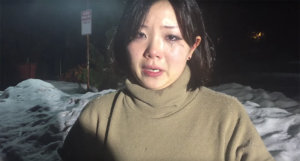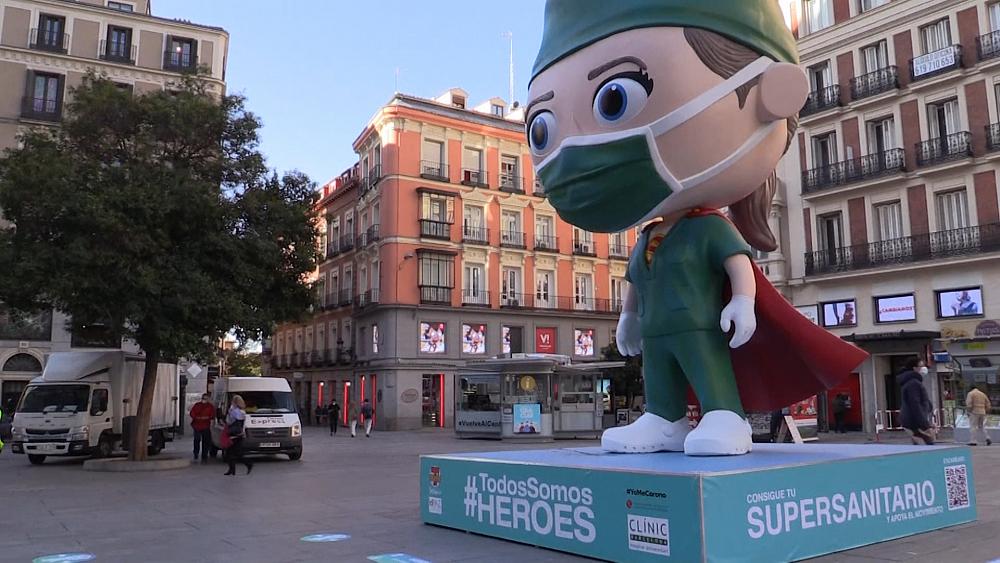Dr Munir Ravalia
Palestinian people in the Gaza Strip, who have been under strict Israeli blockade for 11 years, are suffering of the severe lack of all basic needs with healthcare on top of them.
The World Employment Conference in 1976 proposed that the satisfaction of basic human needs is the overriding objective of any national and international development policy. When one looks at such a policy, one thinks of a traditional list of immediate basic needs: food, water, shelter and clothing. One could easily add sanitation, education and healthcare.
Abraham Maslow, in his 1943 paper “A Theory of Human Motivation,” established the “Hierarchy of Needs.” It included safety, belonging and esteem, to describe the pattern that human motivations generally move through. Such terms can be afforded to many around the globe, but what about the impoverished Gazan’s?
Over the decades, the Palestinian population in Gaza has been subjected to conditions many of us would not tolerate. As those around the globe prepare for the festivities of 2018 New Year’s celebrations, there is no glimmer of hope for Gazans, rather a continued sense of despair amongst the residents of this small strip of land surrounded by a heavily militarised land and waterway.
There are two ways in and out of Gaza; one via the Rafah border to Egypt; and the other is through the Erez crossing to Israel. Permits granted to Gazans to leave via this point decreased by over 50 per cent in the first half of 2017 compared to the same period in 2016. With an ever increasing unemployment rate, many live well below the poverty line. The situation is described as being dire. Many preventable communicable diseases are suffered by the residents due to a lack of fresh drinking water, because of the destruction of a water purification plant, and lack of fuel which is needed to pump and treat sewage adding to the ever declining situation.
Public health is in crisis while the world watches on and does very little. Political shenanigans are played out while the pawns in this bigger game, namely the common man in Gaza, continue to suffer. Many wonder why their Arab neighbours do very little or nothing for their plight.
UNRWA describes the situation in the Gaza Strip as a “population suffering psychological trauma, poverty and environmental degradation, which has had a negative impact on residents’ physical and mental health; many, including children, suffer from anxiety, distress and depression.”
In July, the World Health Organisation described the situation as coming “close to collapse”. Electricity cuts and continued shortages of medicines and medical supplies in the Gaza Strip are severely restricting the access of two million people to critical medical care, WHO has warned. At least 30 hospitals, 70 primary health care centres and a blood bank are at risk of full or partial closure due to continued power outages and insufficient fuel or spare parts for back-up generators.
In October, Fatah and Hamas signed a preliminary reconciliatory deal over the control of the Gaza Strip, part of a series of attempts to end a decade long territorial, political and ideological split that has been crippling for individuals and statehood aspirations. Under the agreement, the Palestinian Authority is to take full control of the Hamas controlled Gaza Strip by December. In exchange, crippling restrictions on the electricity supply are to be lifted. Yet residents are not holding on to any hope; they have been promised so much over the years.
Dr Shadi Al-Yazji, a specialist dental surgeon in Gaza, gained his primary training in Bangalore, India, then moved to the Sudanese capital Khartoum. He describes how he was funded by the Sudanese government to become a specialist in his field. Sudan is well known for supporting many disadvantaged peoples throughout the globe.
Al-Yazli spoke about the general problems he faces with medical health care in Gaza. “The lack of availability of basic medicines which are supposed to come from Ramallah [the PA-controlled West Bank] is a real issue and is getting worse. The lack of many capable specialties such as cardiac surgery and neuro surgery, providing lifesaving care is non-existent. There is great difficulty in referring cases via the Erez gate as well as via the Rafah gate to Egypt, which is often closed for months on end.”
Al-Yazji describes day-today challenges in completing his work including a lack of electricity, “now only four hours a day and cut for 12 hours at a time”. This, he explains, puts severe restrictions on when and for how long he can treat patients.
Low incomes in the Strip mean patients are unable to afford the treatment they need leaving Al-Yazji offering huge discounts with prices only covering his overheads and the costs of feeding his family.
What can be done?
Al-Yazji feels that over the next few years there needs to be a concerted effort by central government to concentrate on preventive health campaigns. Should the matter be ignored, the morbidity rate will only increase, in particular patient care in oncology and cardiology. “We are seeing a serious spike in cancer cases in Gaza,” he explains.
It is clear that there is an ongoing effort to disable all public health amenities and keep the population surviving on the breadline. Unemployment brings with it financial strife which leads to a lack of nutrition. This is of particular important during pregnancy, for newborns and infants. Malnourishment can lead children to be immunocompromised leaving them at greater risk of being infected by a disease that an otherwise healthy child would not succumb to.
Collective punishment
Whatever one’s political viewpoint, the question remains should mothers and babies be subjected to collective punishment?
“Why should the world over be provided with funding to treat diseases such as diabetes , blood pressure, high cholesterol, big killers in the world often caused by excesses and overindulging, when in Gaza mothers and babies die because of the lack of basic medical care?” Al-Yazji asks.
Surely to bring peace to any land and any human, there has to be justice. If a child growing up in Gaza or the West Bank sees no justice, how can they then trust the world to make decisions on their behalf and really feel that peace is within sight? Is peace mere talk? Are their grandfathers right that there will never be peace without justice? Maybe for the people of Gaza the World Employment Conference and Maslow’s hierarchy of needs are just another exercise on paper which are not afforded to them but are available to the rest of the world. Perhaps like the impotence of the UN and the Security Council.
Source Article from http://daysofpalestine.com/post/10595/guest-writer-healthcare-in-gaza-is-there-any-hope-left
Related posts:
Views: 0
 RSS Feed
RSS Feed

















 December 16th, 2017
December 16th, 2017  Awake Goy
Awake Goy 




 Posted in
Posted in  Tags:
Tags: 
















